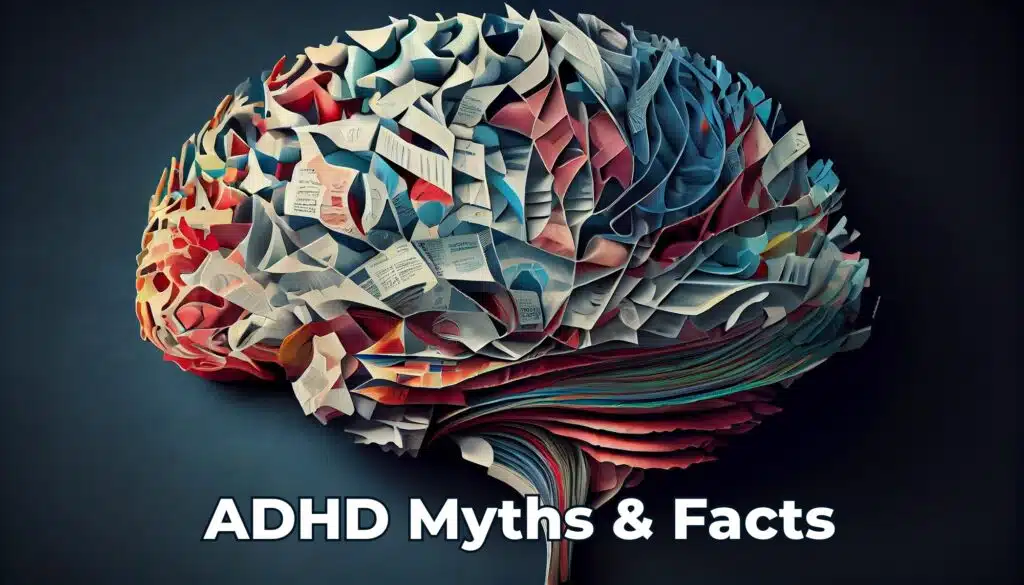Not parent expected: When dad is not your dad
With Australian television shows such as Who Do You Think You Are? and Long Lost Family rating highly, DNA tests have become popular gifts. Marketed as a fun way to explore one’s family ancestry and to build familial connections, more than 30 million people across the world have taken a test to date.
Of those who test, some discover that they are not biologically related to a parent who raised them. These are known as Non-Paternal Events or Not Parent Expected (NPE).
I had a personal NPE discovery at 52. I found out that my dad was not my biological father. I am the offspring of a prolific sperm donor – specifically my parents’ fertility specialist. I have hundreds of donor siblings, according to clinic staff. No records were kept.
My own NPE journey highlighted the fact that the mental health and medical fields have not yet begun to understand the devastating psychological impact of the DNA test NPE discovery.
Identity, as we know, is formed in early childhood through the lens that our family constructs for us to view the world and our place in it. Most psychologists will have some knowledge of Family Systems Theory; however, adoption, which is similar in many ways to the NPE experience, is considered a niche within our profession.
The vast majority of my friends and colleagues proved ill-equipped to offer any substantive advice or assistance. Discussions with other NPEs revealed that this was a common experience with therapists whom they turned to for help.
Responses to an NPE follow a predictable pattern, all bound in a denial or misunderstanding of the pain and loss that NPE discovery brings:
Your dad will always be your ‘real’ father.
Your biological father was ‘just’ a sperm donor.
Blood doesn’t make family.
You’re still the same person.
You can’t miss something you never had.
Think about how this will affect your parents.
You should be grateful to be alive.
What difference does it make – who cares?
You have a good life – focus on the positives.
It’s not a big deal – get over it!
On reflection, there appear to be three defining psychological features to a DNA NPE discovery: trauma, grief and the impact on identity. The initial discovery is traumatic, often compared to feeling ‘punched in the gut’. The trauma response increases as the person with the NPE experience begins to realise the full implications of the discovery. The loss of an attachment, even a parent unknown, triggers a normal grief response. Grief is painful and takes time to process, especially in situations which lack societal recognition.
People with an NPE experience typically lose a biological connection to a parent and to family members we may have loved and gain a biological connection to a parent and family members we may never know or who may reject us. These losses are significant.
The numbers impacted are not inconsequential. For example, the 2012 Australian Senate Inquiry Report into Forced Adoption Practices estimated that around 250,000 forced adoptions took place during the 1950s–1980s with names changed and records sealed. The ‘fertility’ or ‘assisted reproduction’ industry is worth billions of dollars globally. Many donors’ conceived individuals remain unaware of their conception stories. As DNA testing becomes even more prevalent, many will discover that they are not who they have been told they are.
The impact of this type of trauma is yet to be seen. Perhaps, we will be looking at a new mental health category specifically created to treat this NPE population. At any rate, our profession is woefully unprepared.



